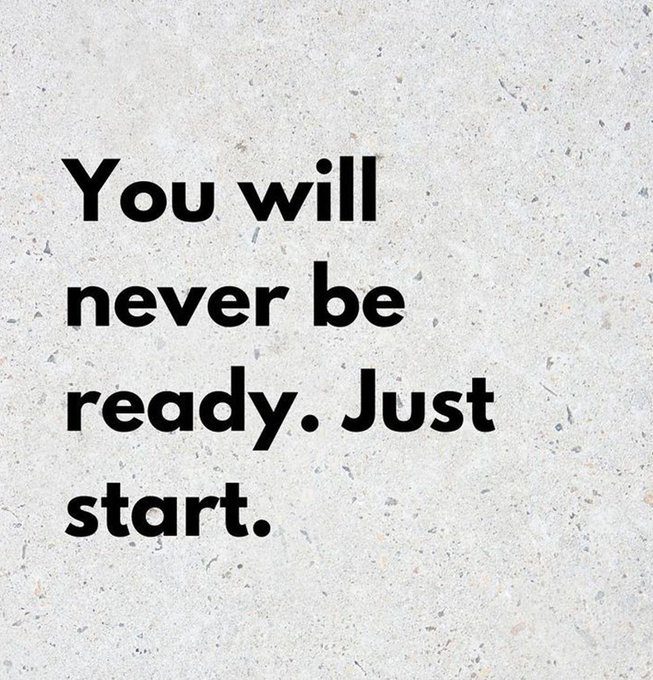Hi, today I would like to share about the interesting topic, namely "How to know that the way I am thinking so far is wrong rather than being right", the main reason why I choose that topic because not everyone admits about the way they are thinking about something, This is a very brave question. Realizing that there may be something wrong in the way we think or act is the first step towards wisdom. Most people spend their lives blaming external circumstances, so they never grow.
To find "blind spots" or mistakes that you have not been aware of, you need to conduct a self-investigation in a way that is honest but non-judgmental.
Here is a systematic way to diagnose them:
1. Observe "Recurring Patterns" (The Common Denominator)
This is the most telling indicator. If you often experience the same problem repeatedly, even though the people, places, or situations change, then you are the only common denominator in all those occurrences.
- Example: If you always feel betrayed by friends (friend A, then friend B, then friend C), it is likely that the problem is not that "all friends are bad," but rather in how you choose friends or your unrealistic expectations.
- Action: Write down the 3 biggest recurring problems in your life. Look for the common thread. Is it a communication problem? An emotional management problem? Or an inability to say "no"?
2. Analyze Your Emotional Reactions (The Shadow Work)
Psychologist Carl Jung introduced the concept of "The Shadow." Often, what bothers us most about others is a reflection of what we reject in ourselves.
- Law of the Mirror: If you strongly dislike people who are "arrogant," ask yourself: "In what area of my life am I being arrogant or afraid of being seen as inferior?"
- Defensiveness: Notice when you receive criticism. On what topics do you immediately get angry or defend yourself aggressively? That's where the insecurity or fault you are protecting lies.
3. Ask for "Brutal Feedback" from Trusted People
We cannot see our own backs without a mirror. The people closest to us often know exactly what our shortcomings are, but they are afraid to say it because they don't want to hurt our feelings.
Do this experiment. Go to a friend, partner, or mentor you trust, and say:
"I'm trying to improve myself. Please answer 100% honestly, I promise I won't get angry. What is one behavior of mine that you think has been hindering my progress the most?"
Key: When they answer, shut your mouth. Don't defend yourself. Just listen, take notes, and reflect.
4. Audit "Locus of Control"
Check the language you use daily when facing problems.
- Victim Mentality: "I failed because of him...", "The economy is bad...", "My parents don't support me..."
- Responsible Mentality: "I failed because I didn't prepare enough...", "I haven't adapted to the economy...", "I haven't been able to convince my parents..."
If the narrative in your head always points outward, that is the main fault. You are surrendering control of your life to things you cannot change.
5. Do the "5 Whys" Technique
This is a technique used by Toyota to find the root cause of production problems, but it is very effective for life problems. Ask "Why" five layers deep.
Case Example: "I feel like my career is stuck."
- Why? Because my boss didn't give me a promotion.
- Why? Because he feels my work is mediocre.
- Why? Because I often finish tasks late.
- Why? Because I often procrastinate at the start of projects.
- Why? (Root Cause) Because I actually don't like this job and I'm afraid to look for a new one.
Here you discover that what you blamed was "The Boss," when the root is "Your Fear of changing careers."
Important Reflection
Knowing your own mistakes feels as bitter as swallowing medicine. You may feel ashamed or sad for a moment. That's normal.
However, remember this: A mistake you are aware of is a mistake you can fix. As long as you are not aware of it, you are the passenger. Once you realize it, you are the driver.











